In today’s world, almost everyone has a personal network connection. However, there are still areas where network coverage is limited or unavailable. To address this, the government, in collaboration with some private companies, has established free public Wi-Fi hotspots in various locations such as railway stations, bus stops, airports, hotels, libraries, and many other places. If you’re someone who frequently uses these free public hotspots, here are some pros and cons to consider:
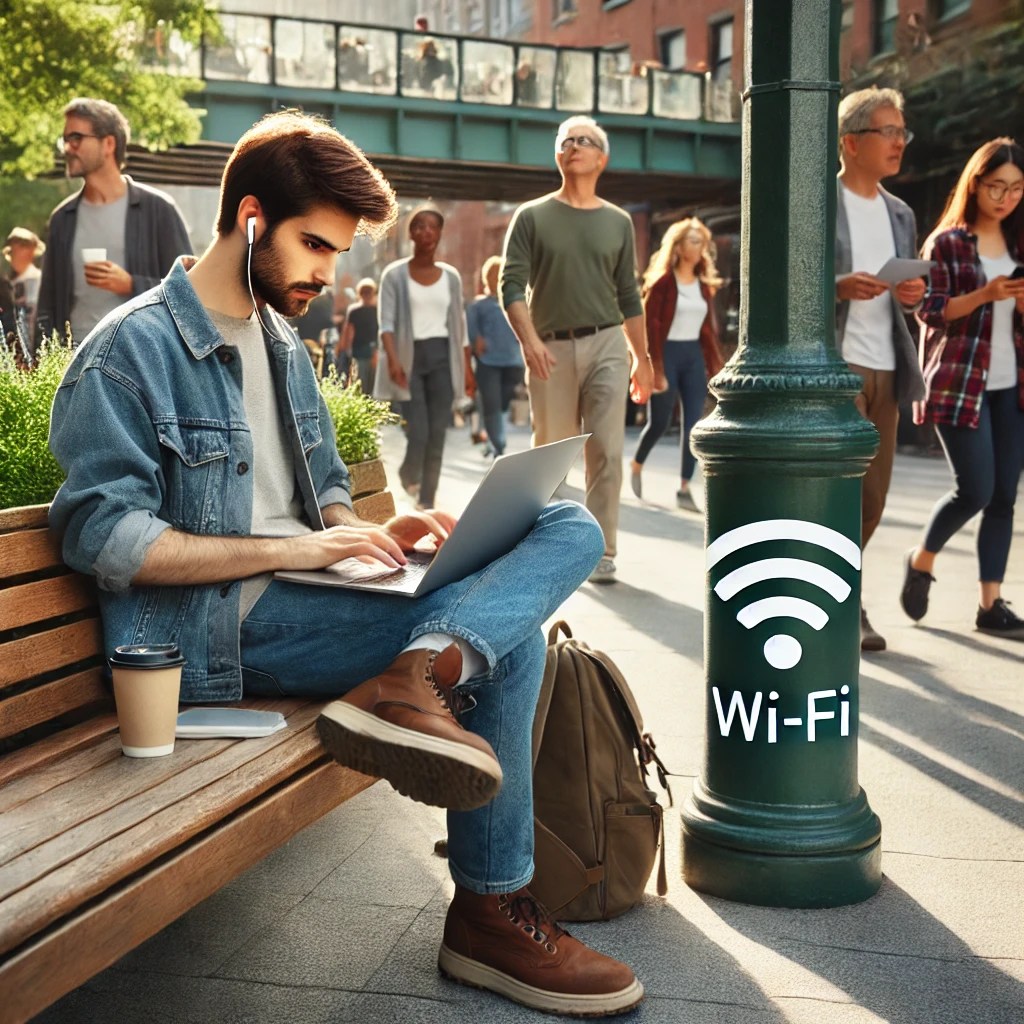
Pros of free public wi-fi hotspots
Cost-effective: As mentioned earlier, public Wi-Fi is free, and you don’t have to spend a single penny to avail this service. This allows you to save a significant amount of money.
Contribution to Overall Productivity: People often prioritize 24/7 network availability when traveling, especially for business purposes. When free internet services are available, it encourages more public movement, which can ultimately lead to increased productivity.
Useful in Emergencies: In situations where you don’t have a personal internet connection, public hotspots can be a lifesaver during emergencies, allowing you to stay connected when it matters most.
Beneficial for Students: Students living in different cities often need to stick to a budget. By connecting to free public Wi-Fi, they can save money on data recharges while also enjoying uninterrupted internet service.
The more you know: Almost 25% of the world’s public hotspots can be operated without any security.
Cons of using free public wi-fi hotspots
Virus Attacks: Using unprotected public Wi-Fi carries about a 40% risk of your software being infected by viruses. This can compromise your personal data, leaving it vulnerable to harm.
Malware Insertion: When you connect to a public Wi-Fi network without a password, especially from an unknown source, your device becomes highly susceptible to harmful malware. Once this malware is installed on your device, a hacker can easily take control or hack your system.
Ad Attacks: After connecting to a public hotspot, you might be shown ads or asked to fill out forms. As a technical researcher and writer, I strongly recommend you to avoid these forms. Hackers can use them to track your activities, gain access to your device, and compromise your accounts.
Spying and Sniffing on Wi-Fi: As the title suggests, hackers can infiltrate your accounts and change your passwords when you use unsecured Wi-Fi. This can result in the loss of your personal information and lead to various unwanted issues.
Theft of Confidential Data: Once a hacker gains access to your personal information, they can easily take control of valuable and confidential data on your device.
Now that you’ve reviewed the pros and cons of using public hotspots, you might be wondering how to protect yourself from scams and hackers. To help you address this issue, let’s explore some strategies for keeping your device safe from these threats.
Protective measures to deal with hacking threats
Employ a VPN: A Virtual Private Network (VPN) acts as a protective shield for your device. It establishes a secure connection between your device and the internet by encrypting your data and concealing your browser history, location, and IP address. This makes it significantly harder for hackers to access your device and accounts.
SSL Certification: Always look for “HTTPS” at the beginning of a website’s URL before entering any information. The “HTTPS” prefix indicates that the website is SSL (Secure Sockets Layer) certified. Websites with “HTTPS” are encrypted and offer an additional layer of protection against hackers.
Create a Strong Password: Many people use the same password for multiple accounts, making it easier for hackers to access them. To protect yourself, it’s crucial to create strong, unique passwords for each of your accounts. This enhances your security and reduces the risk of unauthorized access. For example
Easy Passwords which are more prone to get Hacked are simple like:- Admin123, Your Name, 12345,
Strong Passwords can be Considered as: @dM!n@594, YoUrN@m3, !@3$59092&HGAb
Some Important Tips for creating a Strong Password
Use a minimum of 12 characters
Mix uppercase and lowercase letters, numbers, and special characters
Avoid common words and phrases
Use a unique password for each account
Avoid sequential characters
Don’t use personal information
Consider using a password manager
Change passwords every 60-90 days
Never share passwords with anyone
Two-Factor Authentication: This is a powerful measure to protect your data and personal information from being compromised. By setting up two-factor authentication, you add an extra layer of security. When enabled, hackers will need to enter a secret code sent to your registered email or mobile number to access your account. Without this code, they cannot gain entry to your private information.
Disable Wi-Fi Auto-Connect: Another effective way to stay safe is to turn off the auto-connect feature for Wi-Fi on your device. By preventing your device from automatically connecting to unsecured hotspots, you reduce the risk of your files and data being exposed.
Fun fact:The ‘ILOVEYOU’ Virus Was a Social Engineering Pioneer.
Conclusion
These are some of the key protective measures to keep yourself secure from potential threats. I hope you find this information valuable and useful. As your technical guide, I strongly recommend avoiding connections to unknown or unsecured internet sources. In emergencies, consider carrying a personal portable Wi-Fi device with you. These devices are readily available in the market.
If you found this interesting, then comment your opinion below and follow for such more informative content.

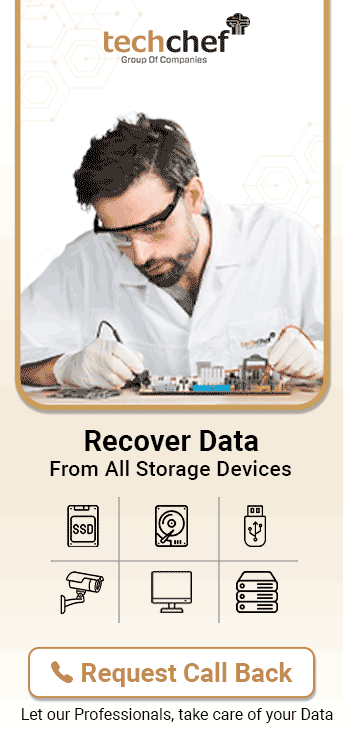
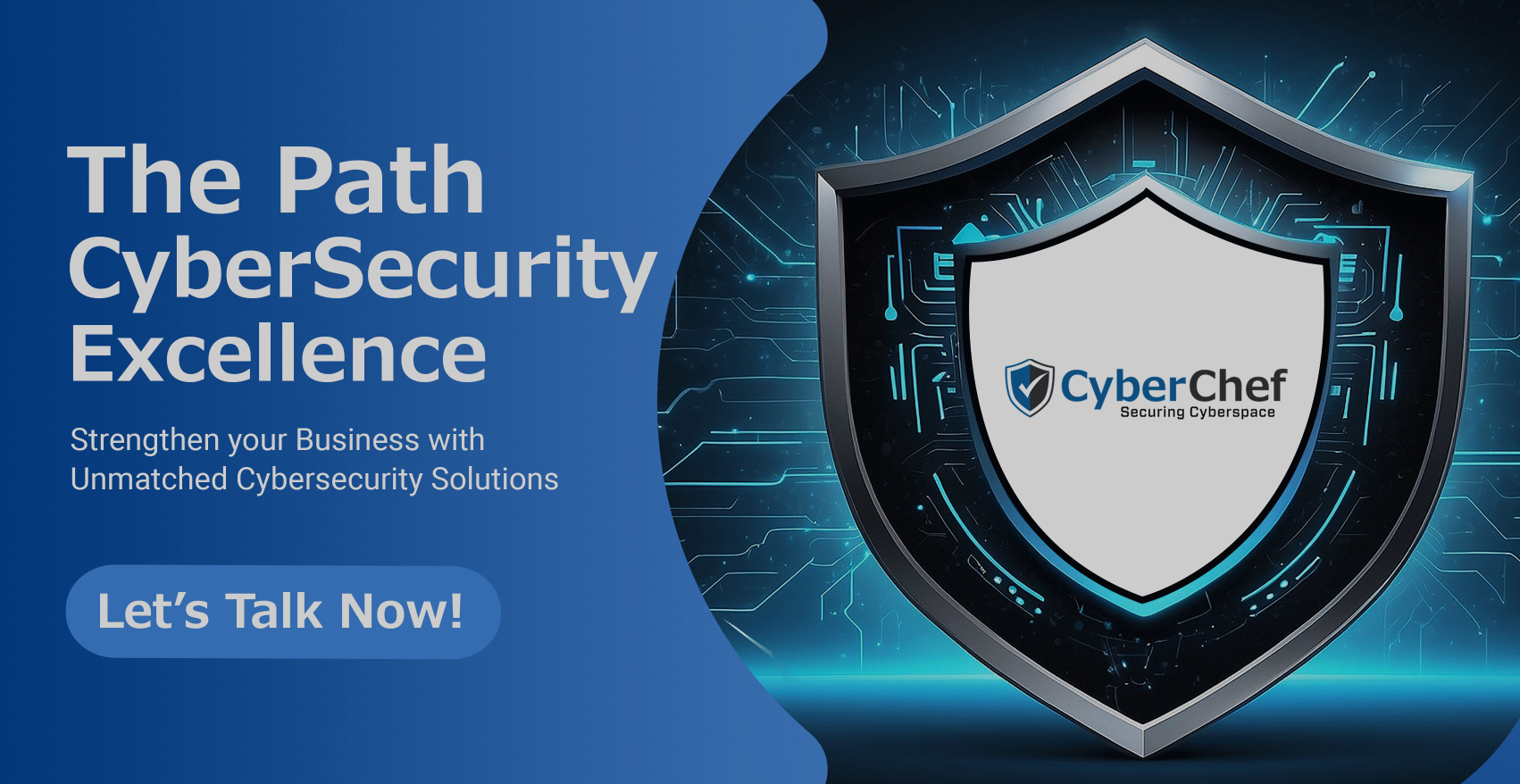
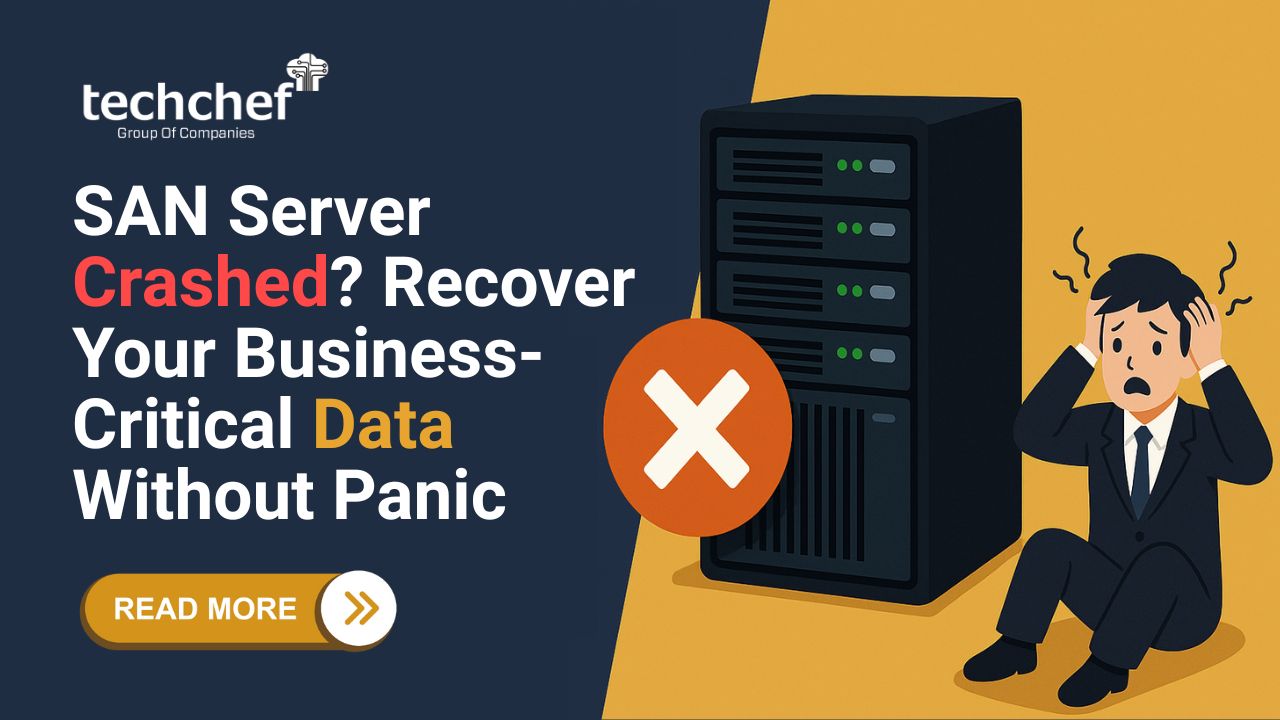
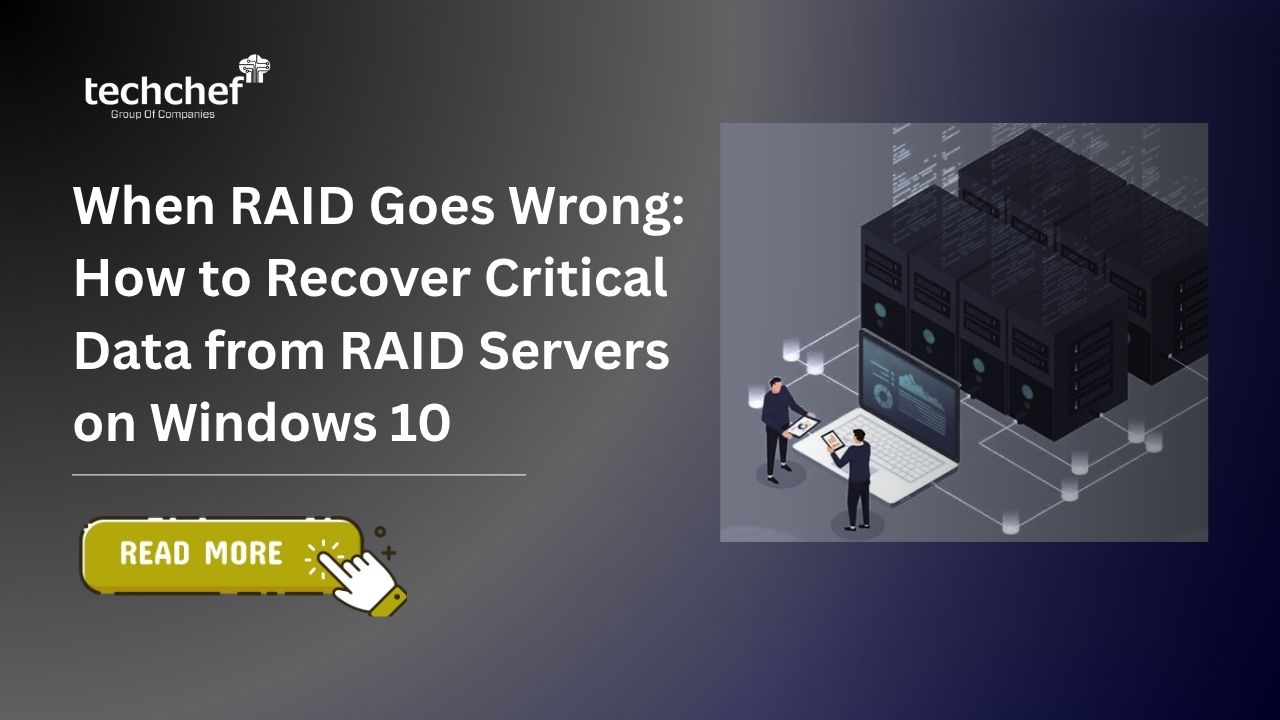
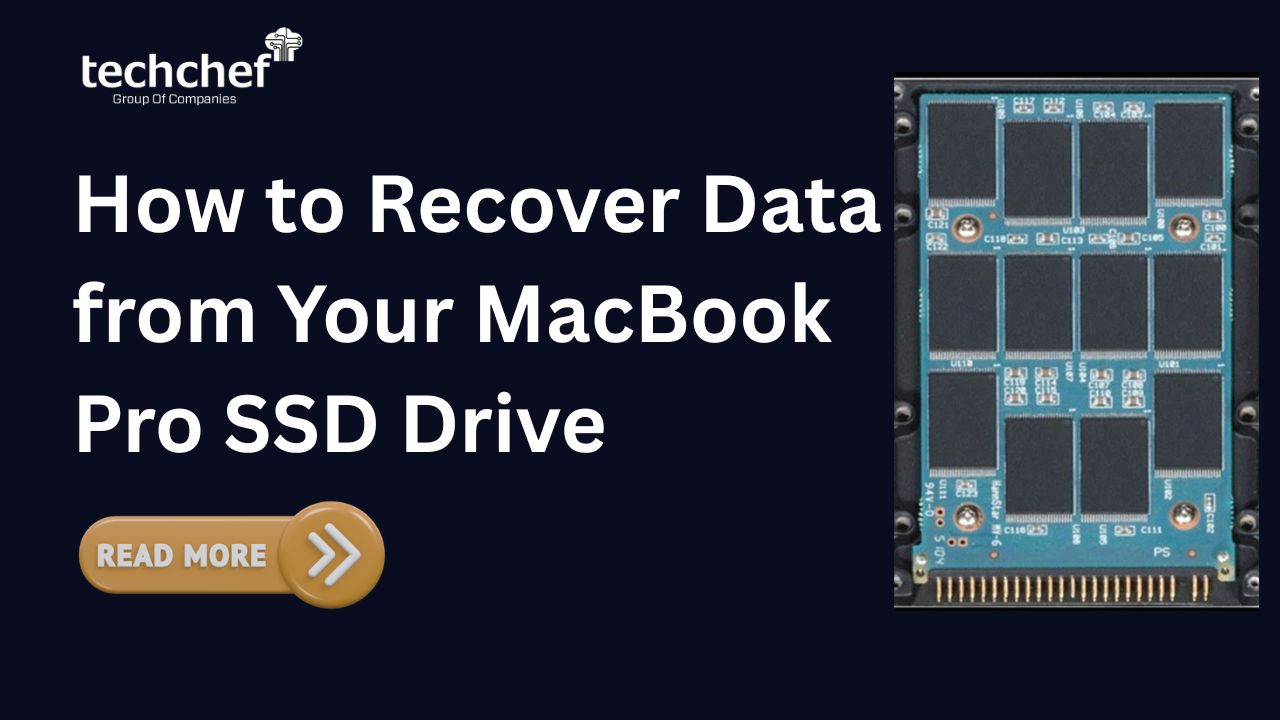
 How to Recover Data from Your MacBook Pro SSD Drive
How to Recover Data from Your MacBook Pro SSD Drive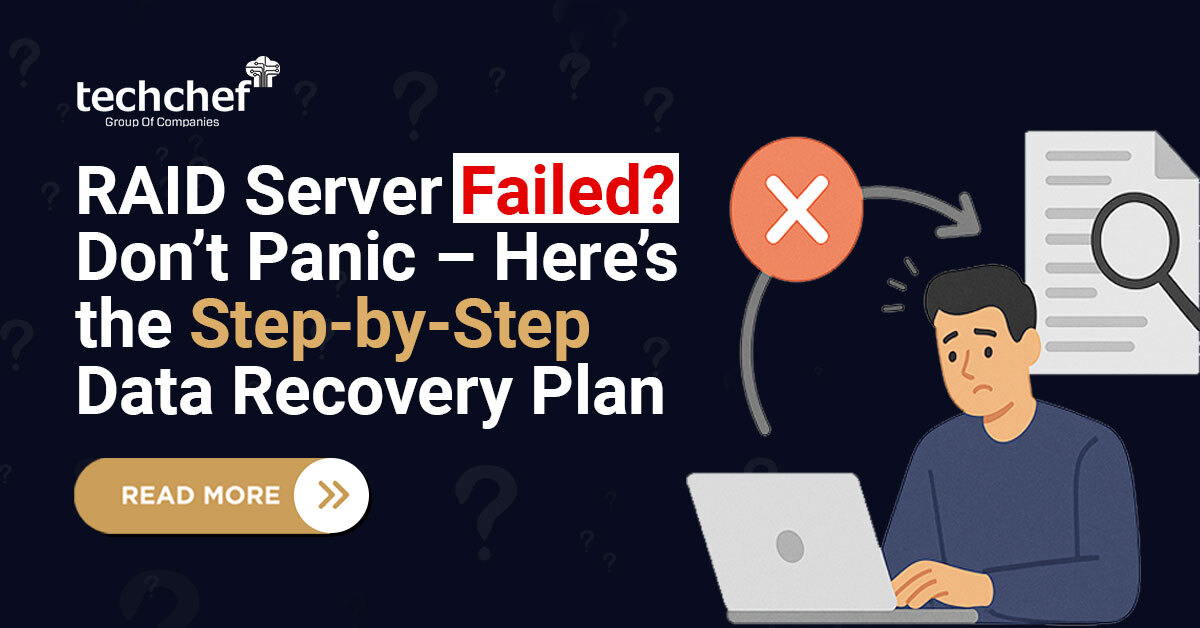
 RAID Server Failed? Don’t Panic – Here’s the Step-by-Step Data Recovery Plan
RAID Server Failed? Don’t Panic – Here’s the Step-by-Step Data Recovery Plan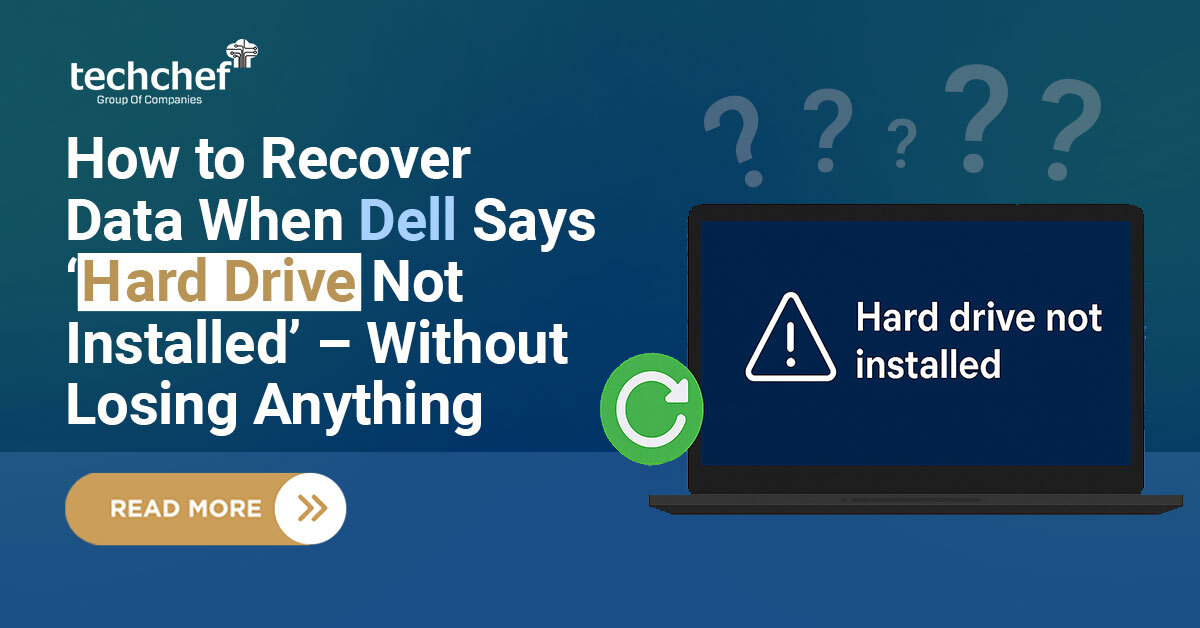
 How to Recover Data When Dell Says ‘Hard Drive Not Installed’ – Without Losing Anything
How to Recover Data When Dell Says ‘Hard Drive Not Installed’ – Without Losing Anything
 Is Your Hard Drive Clicking? Here’s What It Means and How to Recover Your Data
Is Your Hard Drive Clicking? Here’s What It Means and How to Recover Your Data
